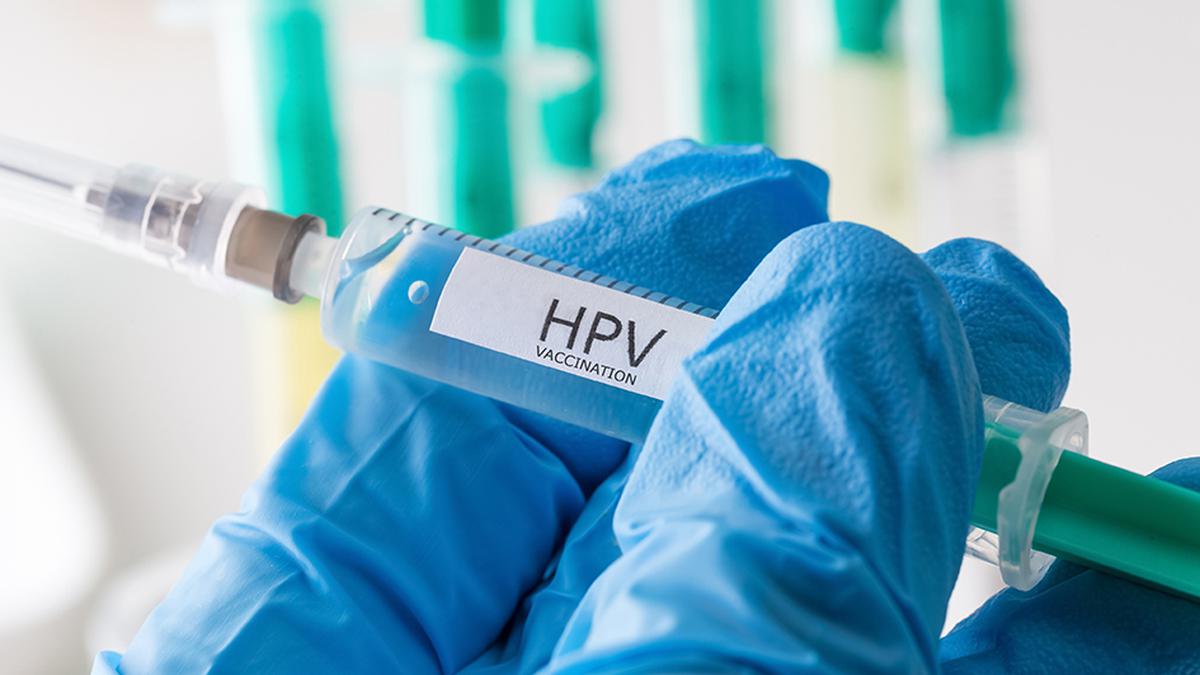January is dedicated to raising awareness about cervical cancer, while March 4 marks International HPV Awareness Day.
Global Burden of Cervical Cancer
- Cervical cancer is a significant global health issue, claiming over 300,000 lives annually.
- It ranks as the fourth most common cancer among women worldwide.
- 90% of cervical cancer deaths occur in lower- and middle-income countries.
- In India, it is the second most common cancer among women, with an estimated 500 million at risk.
Future Projections
- Without intervention, the number of cases and deaths from cervical cancer is projected to increase substantially.
- By 2040, India could see a 54% rise in new cases compared to 2020.
HPV Vaccination and Screening
- HPV vaccination and screening for precancerous lesions are crucial prevention strategies.
- Introduction of the HPV vaccine in 2008 in India, recommended for inclusion in the Universal Immunization Programme in 2023.
- WHO’s 90-70-90 strategy aims for high vaccination rates, screening, and treatment by 2030.
Challenges and Solutions
- Challenges include limited access to HPV vaccination, lack of awareness among physicians, and vaccine hesitancy.
- Efforts by medical societies like FOGSI and IAP aim to educate healthcare providers and advocate for vaccination.
Physician Engagement
- Physicians play a crucial role in recommending and advocating for HPV vaccination.
- FOGSI and IAP are working to create HPV physician champions to promote vaccination and screening.
Multiple Choice Questions (MCQs):
- What is observed in January every year?
- A) International HPV Awareness Day
- B) Breast Cancer Awareness Month
- C) Cervical Cancer Awareness Month
- D) World Cancer Day
- What is the main cause of cervical cancer?
- A) Smoking
- B) Human Papillomavirus (HPV) infection
- C) Genetic factors
- D) Poor diet
- What is the primary focus of the WHO’s 90-70-90 strategy?
- A) Improving access to cancer treatment
- B) Increasing awareness about cervical cancer
- C) Promoting HPV vaccination and screening
- D) Enhancing healthcare infrastructure
- Who recommended the inclusion of the HPV vaccine in India’s Universal Immunization Programme?
- A) WHO
- B) Indian Academy of Pediatrics (IAP)
- C) Federation of Obstetric and Gynaecological Societies of India (FOGSI)
- D) Ministry of Health
- What is FOGSI and IAP’s objective regarding HPV vaccination?
- A) To promote awareness only
- B) To create HPV physician champions
- C) To conduct research on cervical cancer
- D) To provide free vaccination to all women
